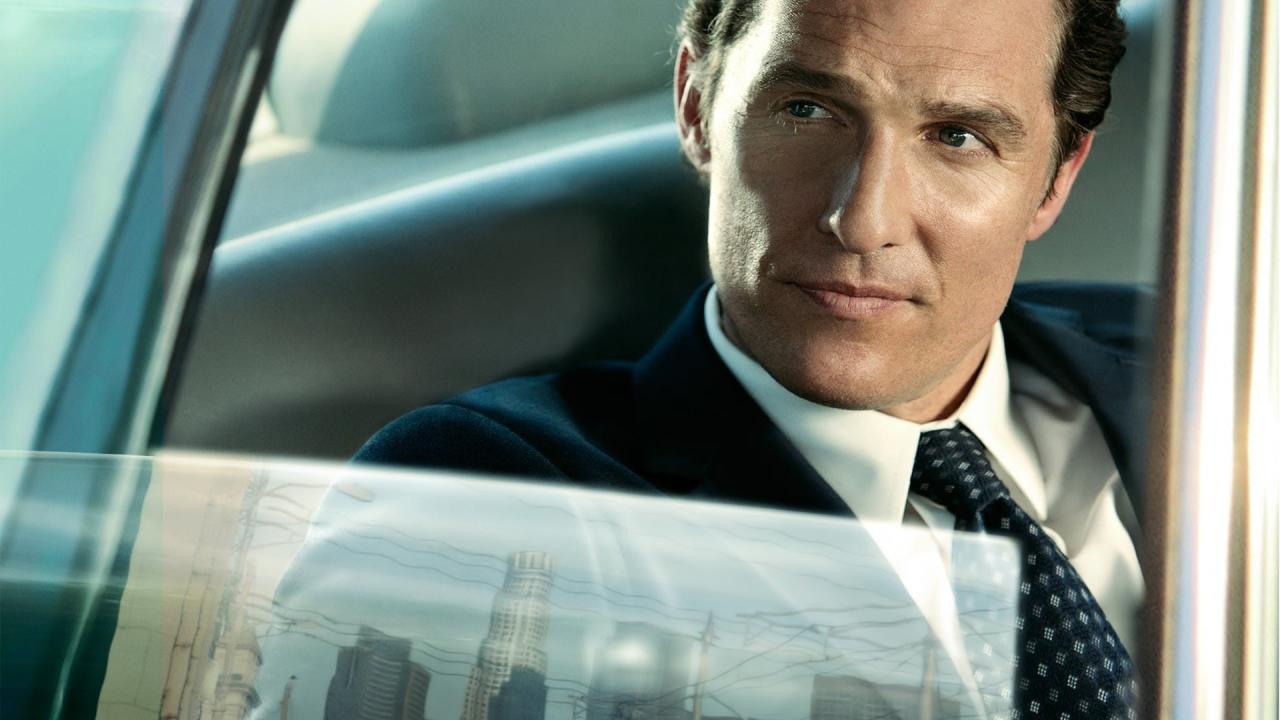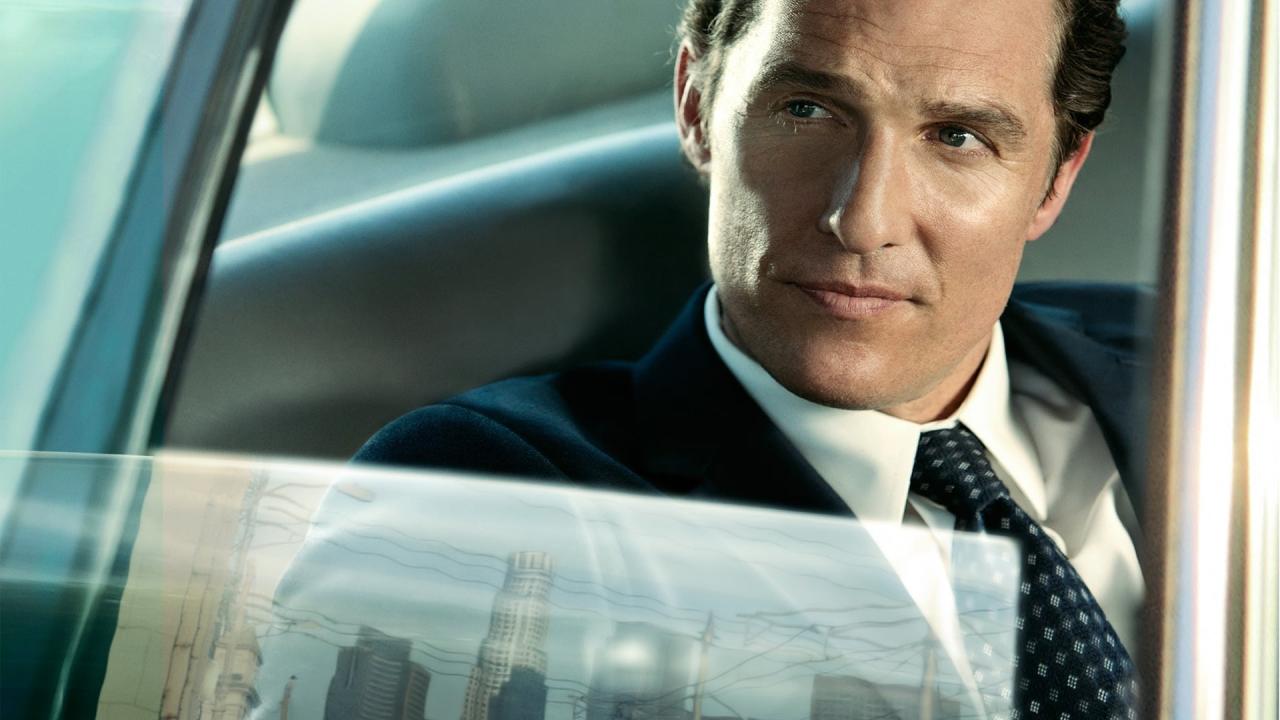The Lincoln Lawyer movie plunges viewers into the gritty world of defense attorney Mickey Haller, a charismatic and morally ambiguous figure operating from the back of his Lincoln Town Car. This legal thriller, based on Michael Connelly’s best-selling novel, captivates audiences with its intricate plot, compelling characters, and exploration of the complexities of the justice system.
The film follows Mickey as he takes on a high-profile case involving a wealthy client accused of a heinous crime. As he delves deeper into the investigation, Mickey uncovers a web of deceit, corruption, and hidden agendas, forcing him to confront his own ethical boundaries and the true meaning of justice.
The Lincoln Lawyer Character
Mickey Haller, the titular “Lincoln Lawyer,” is a complex and compelling character who embodies the morally ambiguous nature of the legal profession. He is a defense attorney who operates out of his Lincoln Town Car, navigating the seedy underbelly of Los Angeles and representing clients ranging from petty thieves to high-profile celebrities.
Mickey Haller’s Personality and Motivations
Mickey Haller is a charismatic and cunning lawyer who is known for his unconventional methods and his ability to connect with his clients on a personal level. He is driven by a desire to win, but he is also motivated by a sense of justice and a belief that everyone deserves a fair trial. Despite his flaws, he is ultimately a good man who fights for what he believes in.
Mickey Haller’s Moral Complexities
Mickey Haller operates in a world where the lines between right and wrong are often blurred. He is willing to bend the rules and even engage in unethical behavior to achieve victory for his clients. However, he is not without a conscience. He is torn between his desire to win and his sense of morality, often grappling with the consequences of his actions.
Mickey Haller’s Development Throughout the Movie
Mickey Haller’s journey throughout the film is marked by a series of challenges and setbacks. He faces personal and professional obstacles that force him to confront his own weaknesses and make difficult choices. As the story unfolds, he learns to navigate the complexities of the legal system and the challenges of representing clients who are often accused of heinous crimes.
Mickey Haller’s Impact on the Narrative
Mickey Haller’s character is central to the narrative of the film. He is the driving force behind the story, and his actions and decisions shape the course of events. His journey is a compelling exploration of the legal profession, the human condition, and the complexities of justice.
Comparing Mickey Haller to Other Iconic Legal Characters
Mickey Haller shares similarities with other iconic legal characters in film and television, such as Atticus Finch from “To Kill a Mockingbird” and Saul Goodman from “Breaking Bad.” Like Finch, Haller is a dedicated lawyer who believes in the importance of justice. However, he is also more morally ambiguous than Finch, sharing some similarities with Goodman’s willingness to push the boundaries of the law to achieve his goals.
Filmmaking Techniques
The Lincoln Lawyer, directed by Brad Furman, masterfully employs a range of filmmaking techniques to create a captivating and immersive legal thriller. The film’s atmosphere and tone are effectively conveyed through the use of cinematography, editing, and sound design, while its pacing, structure, and use of suspense keep the audience engaged throughout.
Cinematography
The film’s cinematography, by Michael Barrett, is characterized by a gritty realism that reflects the seedy underbelly of Los Angeles. The use of handheld cameras creates a sense of immediacy and intimacy, drawing the viewer into the world of the protagonist, Mickey Haller.
“The camera work is very deliberate and often follows Mickey as he moves through his world. This creates a sense of realism and immediacy, as if we are following him on his journey.”
The film’s color palette is predominantly dark and muted, reflecting the morally gray world that Mickey inhabits. The use of low-key lighting creates a sense of mystery and suspense, particularly in scenes set in Mickey’s office and the courtrooms.
“The use of low-key lighting is particularly effective in the courtroom scenes, where the shadows cast by the overhead lights create a sense of tension and uncertainty.”
Editing
The film’s editing, by Richard Francis-Bruce, is sharp and efficient, seamlessly transitioning between scenes and creating a sense of momentum. The use of quick cuts and jump cuts is particularly effective in conveying the frenetic pace of Mickey’s life and the high-stakes nature of his legal battles.
“The editing is very fast-paced, which helps to keep the audience on the edge of their seats.”
The film’s editing also plays a crucial role in building suspense. For example, the use of slow-motion sequences in key moments, such as the car chase scene, heightens the drama and allows the audience to fully appreciate the intensity of the action.
Sound Design
The film’s sound design, by Mark Mangini, is immersive and evocative, adding to the film’s atmosphere and tone. The use of diegetic sound, such as the sounds of traffic and city life, creates a sense of realism and immerses the audience in the film’s world.
“The sound design is very effective in creating a sense of place and atmosphere.”
The film’s use of non-diegetic sound, such as the score, is also particularly effective. The score, composed by Cliff Martinez, is tense and suspenseful, adding to the film’s overall mood and amplifying the emotional impact of key scenes.
“The score is very effective in creating a sense of tension and suspense.”
Pacing and Structure
The film’s pacing is deliberate and calculated, building suspense gradually and keeping the audience engaged throughout. The film’s structure is non-linear, with flashbacks and intercutting scenes that provide insights into Mickey’s past and the complexities of the case.
“The film’s pacing is deliberate and calculated, building suspense gradually and keeping the audience engaged throughout.”
The film’s structure is also designed to create a sense of mystery and intrigue. The audience is constantly kept guessing, as the film reveals new information and twists that keep the audience engaged.
Suspense
The film’s use of suspense is masterful. The film uses a variety of techniques to keep the audience on the edge of their seats, including:
- Slow-motion sequences: The use of slow-motion sequences in key moments, such as the car chase scene, heightens the drama and allows the audience to fully appreciate the intensity of the action.
- Suspenseful music: The film’s score, composed by Cliff Martinez, is tense and suspenseful, adding to the film’s overall mood and amplifying the emotional impact of key scenes.
- Cliffhangers: The film ends each scene with a cliffhanger, leaving the audience wanting more.
“The film’s use of suspense is masterful. The film uses a variety of techniques to keep the audience on the edge of their seats.”
Effectiveness of Filmmaking Techniques
The film’s filmmaking techniques are highly effective in conveying the movie’s themes and messages. The film’s gritty realism and dark atmosphere reflect the morally gray world that Mickey inhabits, while the film’s pacing and structure create a sense of mystery and intrigue that keeps the audience engaged.
“The film’s filmmaking techniques are highly effective in conveying the movie’s themes and messages.”
The film’s use of suspense effectively heightens the drama and keeps the audience on the edge of their seats. The film’s overall tone and atmosphere are effectively conveyed through the use of cinematography, editing, and sound design, creating a captivating and immersive legal thriller.
The Impact of the “Lincoln Lawyer” Movie

The “Lincoln Lawyer” movie, based on Michael Connelly’s popular novel, has had a significant impact on popular culture, leaving a lasting legacy on the portrayal of lawyers in media and the legal thriller genre. Its enduring appeal lies in its compelling characters, gripping plot, and realistic depiction of the legal profession, captivating audiences across generations.
The Influence of the “Lincoln Lawyer” Movie on Popular Culture
The “Lincoln Lawyer” movie has contributed to the popular fascination with legal thrillers and the portrayal of lawyers in media. The film’s success has helped to popularize the image of the “Lincoln Lawyer,” a skilled and resourceful defense attorney who operates from his Lincoln Town Car, often taking on controversial cases. The movie’s popularity has led to a surge in interest in legal thrillers, with several other films and television shows featuring similar themes and characters.
The “Lincoln Lawyer” Franchise: Lincoln Lawyer Movie
The “Lincoln Lawyer” franchise has expanded beyond the original novel series, encompassing various adaptations that have captivated audiences worldwide. From the television series to the film, each iteration offers a unique interpretation of Michael Connelly’s iconic character, Mickey Haller.
The “Lincoln Lawyer” Novel Series, Lincoln lawyer movie
The “Lincoln Lawyer” novel series by Michael Connelly serves as the foundation for the entire franchise. The series features Mickey Haller, a defense attorney who operates out of his Lincoln Town Car, taking on cases in the gritty underbelly of Los Angeles.
The series includes eight novels:
- The Lincoln Lawyer (2005)
- The Brass Verdict (2008)
- The Reversal (2010)
- The Fifth Witness (2011)
- The Gods of Guilt (2013)
- The Law of Innocence (2015)
- The Wrong Side of Goodbye (2017)
- The Night Prosecutors (2020)
These novels have garnered critical acclaim and established Connelly as a master of legal thrillers. They explore complex legal cases, delve into the dark side of Los Angeles, and provide insightful commentary on the American justice system.
The Movie’s Relevance Today
The “Lincoln Lawyer” movie, despite being released in 2011, continues to resonate with audiences today due to its exploration of enduring themes and its insightful portrayal of the legal system. The film’s relevance lies in its ability to reflect contemporary issues, provide insights into the complexities of justice, and engage viewers with its compelling narrative.
The Movie’s Enduring Themes
The “Lincoln Lawyer” movie delves into several timeless themes that remain relevant in today’s society. The film’s exploration of the legal system, the ethics of defense attorneys, and the pursuit of justice resonates with contemporary audiences. The film’s central character, Mickey Haller, embodies the complexities of the legal profession, highlighting the ethical dilemmas and personal sacrifices involved in representing clients, even those who are accused of serious crimes. The movie’s portrayal of the legal system, with its intricate processes and potential for manipulation, reflects the challenges and complexities of navigating justice in the modern world.
The Movie’s Ability to Provide Insights into the Legal System
The “Lincoln Lawyer” movie provides a glimpse into the realities of the legal system, showcasing its complexities and imperfections. The film portrays the legal system as a complex web of rules, procedures, and power dynamics. The movie highlights the challenges faced by individuals navigating the legal system, including the high costs of legal representation, the potential for bias and corruption, and the often-overwhelming nature of legal processes. The film’s depiction of the legal system resonates with contemporary audiences who are increasingly aware of the challenges and inequities within the justice system.
Final Summary
The Lincoln Lawyer movie offers a captivating blend of legal drama, suspense, and moral dilemmas, leaving viewers questioning the lines between right and wrong. Through its compelling characters, intricate plot, and thought-provoking themes, the film explores the dark underbelly of the legal system and the challenges faced by those seeking justice. The film’s enduring appeal lies in its ability to engage audiences with its gripping narrative and its exploration of timeless themes that resonate across generations.
The “Lincoln Lawyer” movie starring Matthew McConaughey was a popular legal thriller that showcased the grit and determination of a lawyer who operates from the back of his Lincoln Town Car. Fans of the film can now experience the world of Mickey Haller in the television series lincoln lawyer season 3 , which features Manuel Garcia-Rulfo in the lead role.
The series expands on the source material, delving deeper into the complex legal cases and personal struggles of the titular lawyer.
